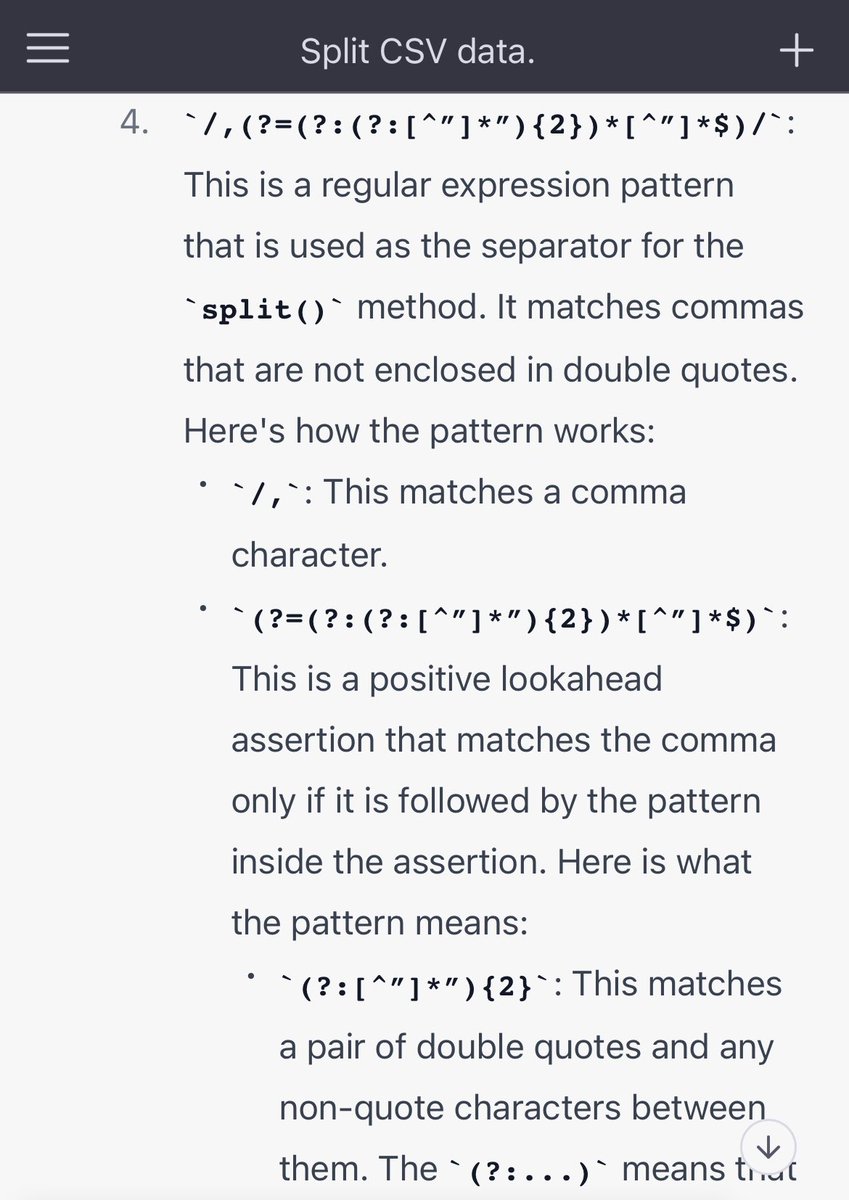![Paul Pajo 🧢 [Jan/3➞₿ 🔑∎] #Insulin4All {#HODL} Profile picture](https://pbs.twimg.com/profile_images/1363049185117806594/tnadUgYg_bigger.jpg)
#Bitcoin Aspiring LLM Whisperer & Vibe Coder w/o books, no revolution ever succeeds-Gary North https://t.co/LzQbBaF6v2 https://t.co/ZFaGF0qQRv💡🦄🤓🎼
How to get URL link on X (Twitter) App
![Paul Pajo 🧢 [Jan/3➞₿ 🔑∎] #Insulin4All {#HODL} Profile picture](https://pbs.twimg.com/profile_images/1363049185117806594/tnadUgYg_bigger.jpg)
https://twitter.com/emollick/status/1711087629960159552The authors show that GPT-based measures possess significant information content and outperform existing risk measures in predicting firm-level volatility and firms' choices. 2/n
https://twitter.com/amasad/status/1682315454965227520#1:

 To be a Timothy and have someone “speak into your life”, you need someone to correct (elenxon), rebuke (epitimēson), and encourage (parakaleson) you. 2 Timothy 4:2 biblehub.com/interlinear/2_… #FollowWalkAlongsideLead
To be a Timothy and have someone “speak into your life”, you need someone to correct (elenxon), rebuke (epitimēson), and encourage (parakaleson) you. 2 Timothy 4:2 biblehub.com/interlinear/2_… #FollowWalkAlongsideLead

https://twitter.com/culturaltutor/status/1636398270212612096Create a table with the names of the senators in one column, and the other column with a counter-factual narrative of what would have happened #IdesOfMarch 2/n

 Never Stop Praying - 1 Thessalonians 5:17 biblegateway.com/passage/?searc…
Never Stop Praying - 1 Thessalonians 5:17 biblegateway.com/passage/?searc… 
https://twitter.com/mckaywrigley/status/1633998854885617664



 Ruby code for tab-separated file:
Ruby code for tab-separated file:



 Lust - an ungodly desire - Joel Chelliah #FindingFreedomFromLust to use others to gratify themselves instead of being sacrificial
Lust - an ungodly desire - Joel Chelliah #FindingFreedomFromLust to use others to gratify themselves instead of being sacrificial

 Trininatarian Truth #1: God eternally exists as Three Persons #DesignedForRelationships not Modalism en.m.wikipedia.org/wiki/Modalisti… and not Tritheism en.m.wikipedia.org/wiki/Tritheism - Matthew was written for the Jews according to theologians, for Filipinos Matthew 1 is “ma-begat” 😂
Trininatarian Truth #1: God eternally exists as Three Persons #DesignedForRelationships not Modalism en.m.wikipedia.org/wiki/Modalisti… and not Tritheism en.m.wikipedia.org/wiki/Tritheism - Matthew was written for the Jews according to theologians, for Filipinos Matthew 1 is “ma-begat” 😂 
